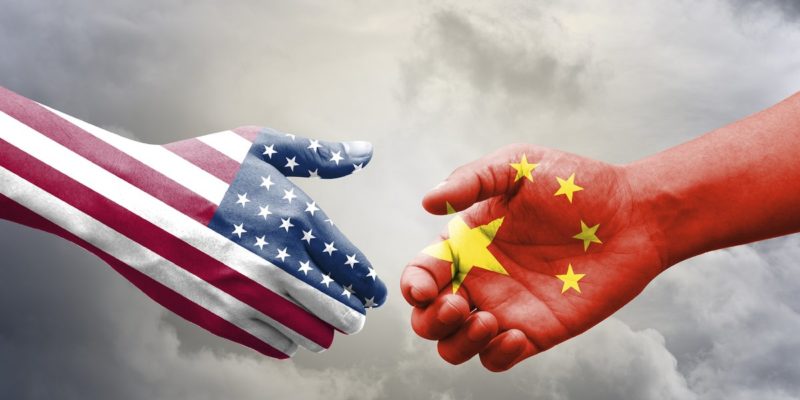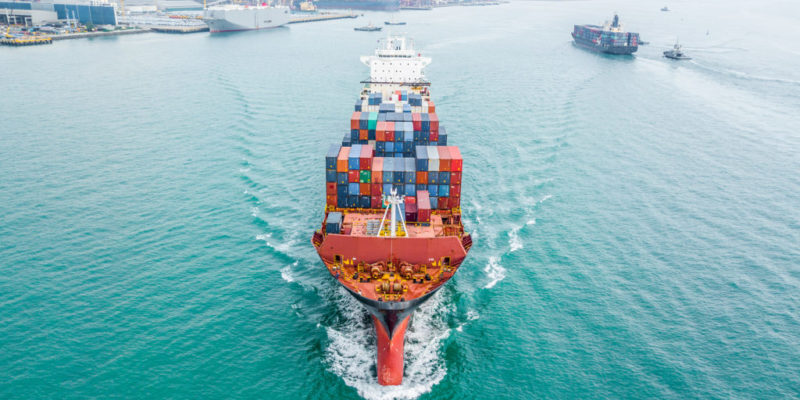Effective Pricing in Spectrum Auction Design: Optimal Auctions out of Thin Air
The promise of 5G Fifth-generation wireless systems – commonly known as 5G – are a big leap forward for mobile communications. The innovations connected to 5G could be worth around $13.2 trillion over the next 15 years for the industry and public sector. By 2025, deploying the new technology could generate €213 billion in revenue…











